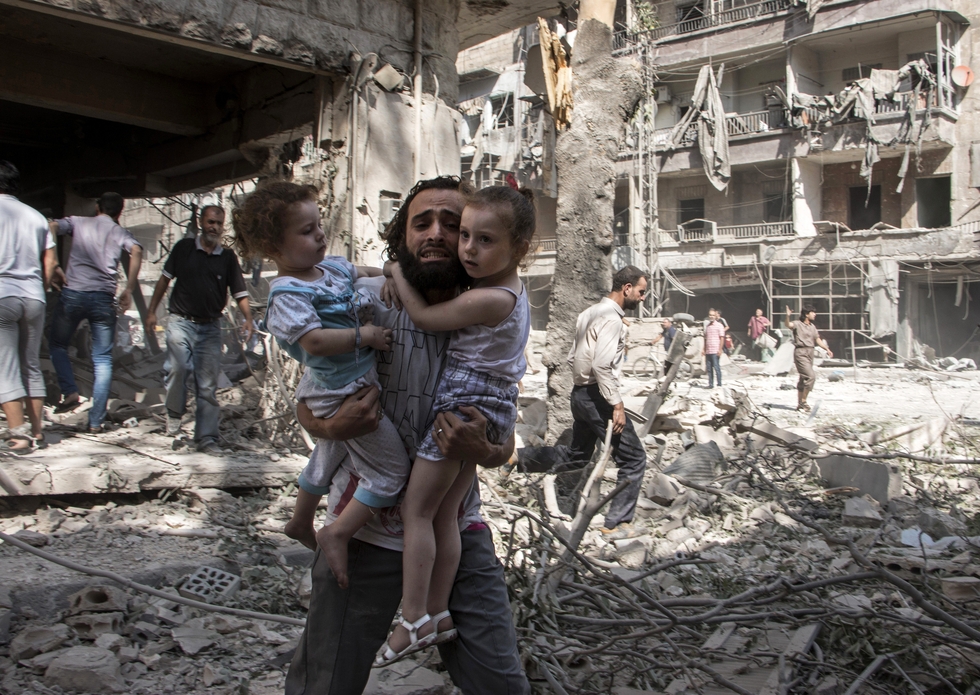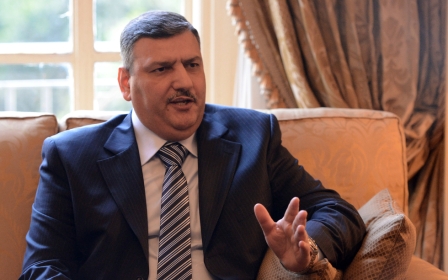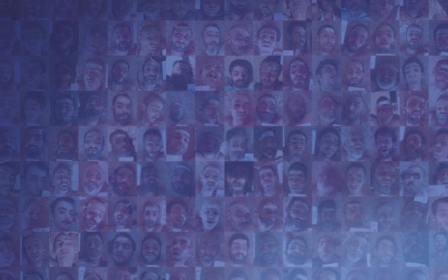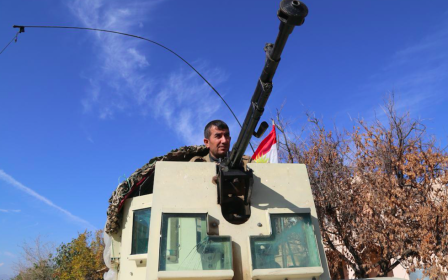UN unanimously backs Syria peace process

The UN Security Council on Friday unanimously adopted a resolution endorsing the Syrian peace process, starting with formal negotiations and a ceasefire in early January.
The US and Russian initiative, which emerged from talks with a 17-nation group, foresees a rapid ceasefire in the almost five-year-old conflict, perhaps as early as next month.
If the plan brings Bashar al-Assad's government to the table with the armed opposition, it will allow Russian and US-led forces to focus their firepower on the Islamic State group.
The Security Council met Friday after the latest round of talks by the International Syria Support Group (ISSG), which gathered in New York to renew its push for peace.
UN secretary-general Ban Ki-moon welcomed "the first resolution to focus on the political path to resolving the crisis. This marks a very important step."
Attention now turns to Moscow and Riyadh, as Russia pressures Assad's government to agree to a ceasefire and Saudi Arabia wrangles the opposition into forming a negotiating team.
The United States and its Arab allies remain convinced Assad must leave office as part of the process, but his ally Moscow insists this is a decision for the Syrian people.
The resolution itself does not touch on this vital issue.
"Only a Syrian-led, inclusive dialogue can put an end to the untold suffering of the Syrian people," Russian Foreign Minister Sergei Lavrov warned the council.
Nevertheless, US Secretary of State John Kerry - who has already "agreed to disagree" with Moscow on Assad's fate - said the vote would act as a springboard for forging ahead with peace talks.
He emphasised that victory over the Islamic State group, also known by the Arabic acronym Daesh, must pass through a peaceful settlement in the broader Syrian civil war.
"We know that Daesh can never be allowed to gain control in Syria, so we have a global imperative here to deal with a terrorist entity but also to end the civil war," he said.
"President Assad in our judgment ... has lost the ability, the credibility to be able to unite the country and to provide the moral credibility to be able to govern it.
"Purely as a matter of reality, if the war is to end it is imperative that the Syrian people agree to an alternative in terms of their governance," he said.
Kerry said that most ISSG members agreed that Assad would have to go, and many said so, notably France.
"There must be safeguards regarding the exit of Bashar al-Assad," declared French Foreign Minister Laurent Fabius.
"How could somebody bring together a whole people when he has massacred so many?"
The resolution enshrines the plan developed by the ISSG countries in a series of meetings in Geneva and Vienna.
It calls for the Syrian government and the opposition to begin a ceasefire and talks on a political transition with a target of early January 2016.
Within six months they should agree on an "inclusive transitional governing body with full executive powers," and within 18 elections should be held for a new government.
Friday's New York talks were the first by the ISSG since Saudi Arabia gathered a coalition of Syria rebel groups to form an opposition negotiating team.
The terrorism list
The peace talks debate was further complicated by Jordan's submission of a list of rebel groups in Syria that should be classed as terrorist, which was debated by the ISSG on Friday.
The document, which Jordan was asked to coordinate during the Vienna talks, names 160 groups in Syria that should be banned from any peace negotiations.
It is based on information provided by other countries, including Russia, the US and Saudi Arabia, but includes several larger opposition groups that many in the Gulf and also the West feel must be part of the process.
While Jordan has listed the Islamic State militant group and the Nusra Front, it also includes Fajr al-Islam, Jaish al-Islam, Jund al-Aqsa, the Ahrar al-Sham brigade, and the Harakat Nour al-Din al-Zenki group.
Foreign militias fighting alongside Syrian government forces, such as the Lebanese Shia Hezbollah group and Iranian troops, were not included.
Randa Slim, of the Middle East Institute, told the Middle East Eye that she believed the list would be negotiated down.
“This is the beginning of negotiations. I don’t expect Jaish al-Islam and Ahrar al-Sham to be included in the final version of the list of terrorist groups in Syria,” she said. "The first draft was produced by Jordan, and the second draft will be negotiated by the support group.
'Terrorism is a pretext'
A spokesman for the Nour al-Din al-Zenki movement, a rebel group formed in August 2014, told the London based newspaper al-Quds al-Arabi that its inclusion showed the list was a sop to Russia.
“Those who classified Zanki as a terrorist movement have fallen for the prescribed Russian war on all factions of the revolution and the Syrian people," he said.
"There are regional countries who are trying to abort the revolution, in co-operation with Russia and Iran, and are using terrorism as a pretext."
Divisions were also emerging within the opposition with Islam Alloush, the leader of the Jaish al-Islam group, saying on Friday that it was considering withdrawing from the Riyadh committee.
Another group, Ahrar al-Sham, pulled out of the group on 11 December, citing a "religious and national obligation" to refuse to work with "regime sympathisers” present at the table.
Syria itself is not represented in the 17-country council meeting, but senior envoys from Turkey, Italy, Britain, Lebanon, Iran, Jordan, Russia, Saudi Arabia, Iraq, Egypt, Germany, Qatar, France, the UAE, Oman, the United States and China are included.
More than a quarter of a million people have been killed in more than four years of fighting in Syria, and millions have fled their country.
New MEE newsletter: Jerusalem Dispatch
Sign up to get the latest insights and analysis on Israel-Palestine, alongside Turkey Unpacked and other MEE newsletters
Middle East Eye delivers independent and unrivalled coverage and analysis of the Middle East, North Africa and beyond. To learn more about republishing this content and the associated fees, please fill out this form. More about MEE can be found here.




